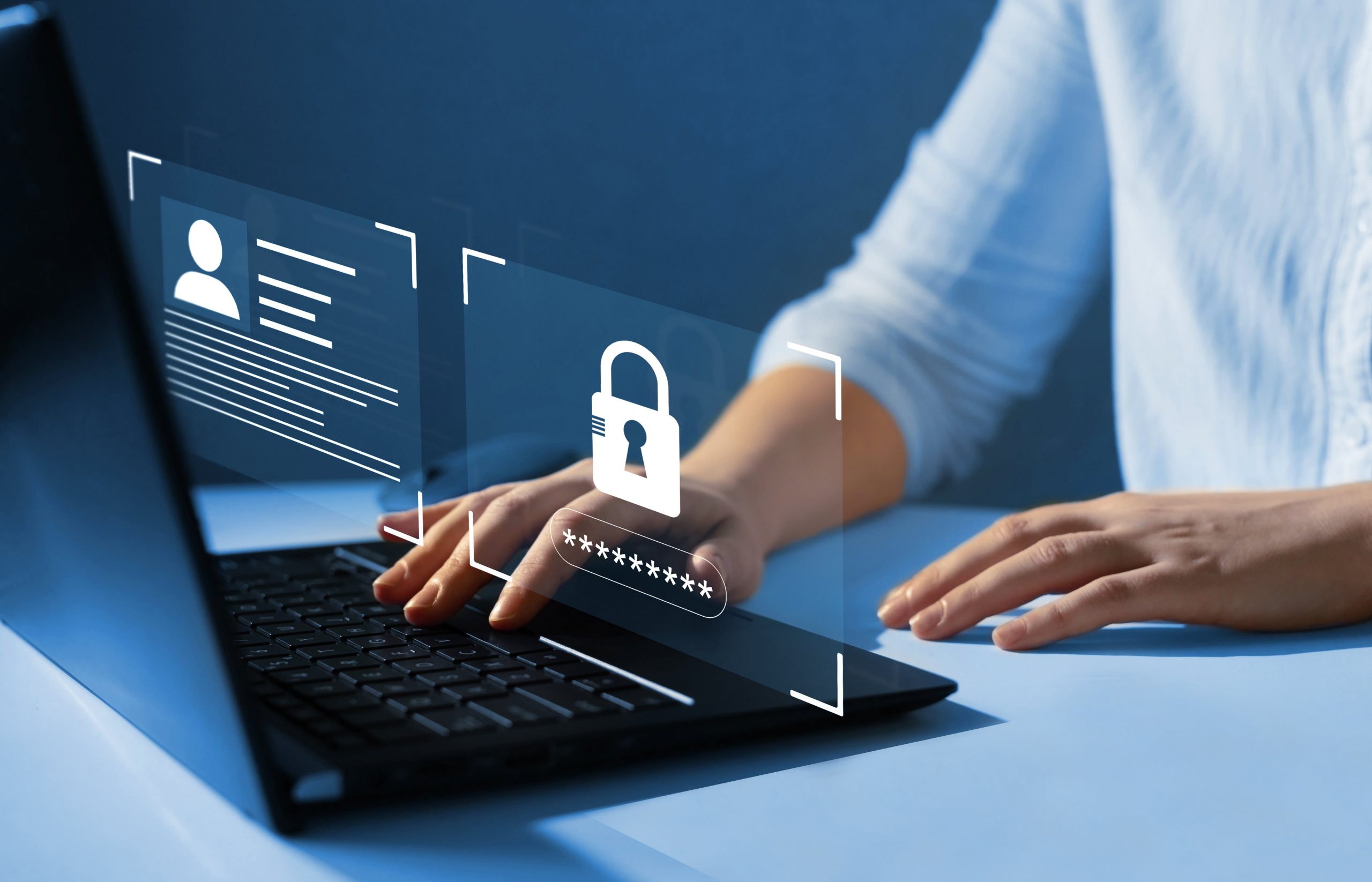Organizations strive hard to minimize their costs and increase efficiency and effectiveness by investing in a cloud-based ERP system. One area they must thoroughly research is the security and safety of such ERP solutions. As larger chunks of data and information get stored within integrated cloud-based ERP systems, vendors must provide high levels of security protocols to manage security threats and cyberattacks and safeguard both data and an organization’s business viability.
As the usage of technology and cloud storage for data and information storage continues to grow, so do the associated risks. This has led to global concern for data security, prompting businesses to identify potential security threats and improve cybersecurity measures. These threats not only have the potential to corrupt data but also to disrupt business operations and product distribution, leading to increased costs.
Thus, what security features must one look for? And what are the security benefits gained by opting for a cloud-based ERP? Read on to learn more.
The 7 Security Benefits of Cloud-Based ERP Systems
1. Instant Disaster Recovery
With a cloud-based ERP system, your business data is never lost. Cloud ERP has a feature that regularly backs up data residing on your systems and applications, so you can preserve it even if a disaster occurs. Data on a cloud-based ERP system is stored at the vendor’s server and can easily be accessed from anywhere anytime via the internet. Remember! Customers are also at peace when data security is assured, and happy customers play an important role in business success.
2. Internal Firewalls
Cloud-based ERP provides additional security because it is equipped with a firewall feature that first checks if the data you’re trying to store is secured or not. Among several employees, if one becomes a victim of a cyberattack, the internal firewall prevents the spread of the bug and ensures that the rest of the organization’s information is not harmed.
3. Regular and Automatic Updates
A cloud-based ERP system works on Software as a Service (SaaS) model. This enables companies to license a software application which is then automatically updated by the vendor as and when required. Regular updates prevent your systems from being attacked by phishers and hackers.
Read our article titled “SaaS ERP vs Traditional ERP” for more information on these two types of ERP systems.
4. No Denial-of-Service Attack (DoS)
What is a DoS attack? A DoS attack prevents authorized users from accessing the ERP data by sending a large chunk of redundant requests to flood the ERP system.
Cloud ERP systems are designed to protect users from DoS attacks. Cloud ERP systems have globally distributed data centers that provide enhanced defense as all servers are usually not flooded by superfluous requests at the same time. Also, IT experts at the vendor’s end promptly respond to DoS attacks if they occur.
5. Data Encryption
Data encryption is an important part of the cybersecurity puzzle. It is a method to encode data that can only be accessed or decrypted by the authorized user by entering the correct encryption key. Also known as ciphertext, encrypted data seems scrambled or unreadable to hackers. Cloud ERP systems use Hypertext Transfer Protocol Secure (HTTPS) when dealing with web traffic. The major difference between HTTP and HTTPS is in data communication, the former uses plain text for requests and responses that can be read by anyone, while the latter uses encrypted data. Data with cloud-ERP is encrypted whether it is in transit state or stored at the server.
6. Permission-Based System
An ERP needs to have a detailed permissions-based system. Some employees require higher levels of access to data while others require limited access. Data can be mishandled, or ERP systems may experience cyberattacks if the data is given inappropriate access. Cloud-based ERP software is customized to assist all roles and responsibilities in an organization, providing employees with the required access only according to their job tasks unified under one umbrella leading to increased levels of security and safety as well as information privacy.
7. Reduced Cost
With cloud-based ERP, businesses can cost-effectively implement and manage the security of information because all security responsibilities and arising issues are handled by the ERP vendor. Thus, a cloud-based ERP system is up to date based on ongoing cybersecurity threats and industry-trusted measures to overcome them. Additionally, it also aids in identifying and addressing the security vulnerabilities and loopholes of operating systems and applications within an organization.
Bear in mind, cybersecurity threats are a concern for every organization, from small to large. For instance, CNN Business in June 2021, reported on rising security threats that disrupt the everyday life of people. The report mentioned four corporates that were hacked and faced much disruption, causing one business to shut down for a week!
Bonus! Practical Tips for Increased Cybersecurity
In addition to the security solutions provided by ERP vendors; an organization must also safeguard its data and information and adhere to privacy laws and regulations by following these four basic rules.
Tip# 1: Employee Training
It is recommended that comprehensive training be given to employees before granting them access to the ERP system and the company’s data. This training should enable them to understand how the ERP system works and the security measures in place. Additionally, they will also grasp the importance of data security and be in a better position to identify possible cybersecurity risks and understand the appropriate measures needed to address these threats.
Tip# 2: Access Management
To ensure appropriate access to data, organizations should establish clear permission rights for their employees and convey this information to their ERP vendor when designing and implementing the ERP system. When an employee changes roles within the organization, their data access should be adjusted accordingly, and if they leave the organization, their access to the ERP system must be immediately revoked.
Tip# 3: Strong and Complex Passwords
Using passwords is a recommended measure to secure accounts, but password breaches have become increasingly frequent. It’s important to create strong and complex passwords. Best practices suggest that a strong password should have a minimum of twelve characters and should include a combination of uppercase and lowercase letters, numbers, and at least one special character. Using a dictionary word as a password is not recommended. Data etiquette, and often company policies, prohibit employees from sharing their login credentials with colleagues.
Tip# 4: Multiple Factor Authentication (MFA)
If not provided, ask your ERP vendor to provide the features or multiple factor authentication (MFA) This will enhance security Microsoft states that 99.9% of cyberattacks can be averted by practicing MFA (2019). So, learn from one of the best out there!
Your Business is Secure with IBB-ERP!
IBB-ERP offers an efficient cloud-based ERP solution with in-built security and safety features to meet current standards for data protection and security against cyber threats and hackers. Our ERP system offers a robust backup solution that will seamlessly come into effect in case of a disaster.
Our team of experts will be glad to respond to your queries and set up a demo to show how IBBERP can work for your business.
References
- CNN Business. (2021, June 26). 4 companies affected by security breaches in June. Website. https://edition.cnn.com/2021/06/26/tech/cyberattacks-security-breaches-june/index.html
- (2019, August 20). One simple action you can take to prevent 99.9 percent of attacks on your accounts. Website. https://www.microsoft.com/en-us/security/blog/2019/08/20/one-simple-action-you-can-take-to-prevent-99-9-percent-of-account-attacks/



